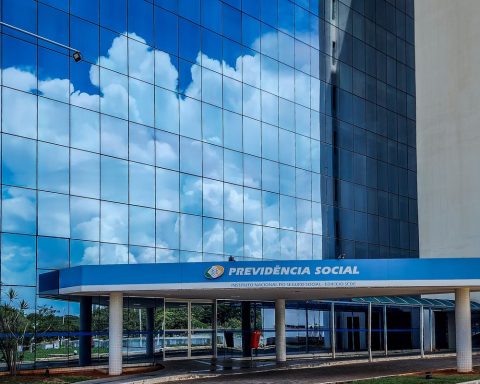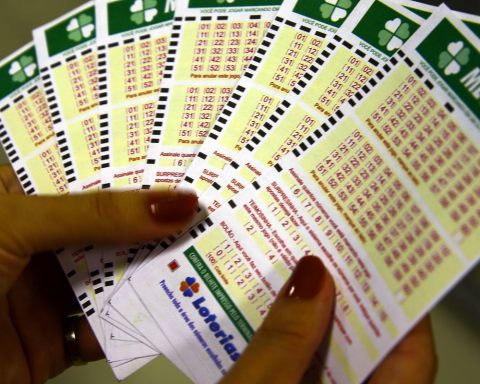Combating hunger in Brazil is the main challenge for the social development policies of the government of President-elect Luiz Inácio Lula da Silva, according to a report by the Transition Group (GT). The country has 33 million people in a situation of severe food insecurity, according to the 2nd National Survey on Food Insecurity in the Context of the Covid-19 Pandemic. To reverse this situation, the WG is committed to the reorganization and budgetary recomposition of income transfer policies, nutritional programs and the provision of social services.

On December 21, the Proposed Amendment to the Constitution (PEC) of the Transition was enacted, which guarantees the continuity of the payment of R$ 600 to the beneficiary families of the Auxílio Brasil, which will once again be called Bolsa Família. The elected government will have BRL 145 billion in addition to the spending ceiling, of which BRL 70 billion will be used to fund the income transfer program, which will have an additional BRL 150 per child up to 6 years old. These extra-ceiling expenses are valid for one year.
The Ministry of Social Development, Assistance, Family and Fight against Hunger will be led by Wellington Dias, former governor of Piauí.
In the assessment of the Transition Group, the improvised implementation of the Auxílio Brasil disrupted the income transfer system that had been in place for almost 20 years. “Due to successive changes, the program lost focus, treated unequals equally and led millions of people to queues at the doors of social assistance services”, indicates the report.
Among the critical points are the changes in conditionalities related to health and education for receiving the benefit. “The total number of children under seven years old with vaccinations increased from 68% in 2019 to 45% in 2022”, he exemplifies.
The report also warns of the need to review the Single Registry for Social Programs, which has only 60% of its data updated. “The Registry is also disfigured: of the approximately 40 million families registered, 13.9 million are part of single-person arrangements”, says the document. According to the WG, this affects not only the granting of Auxílio Brasil, but also that of other programs that use the registry, including state and municipal income transfer programs.
Still on the Brazil Aid, the WG reveals that R$ 9.5 billion in payroll loans were granted to beneficiaries of the program and also of the Continuous Provision Benefit (BPC) on the eve of the election.
“These people will have up to 40% of their benefit committed, even if they do not remain in the program. The measure, clearly electoral, goes against the grain of social protection policies, putting future benefits at risk”, criticizes the text.
The document also highlights the need to resume coordinated action among the ministries “to promote social development with the reduction of poverty and inequalities and the eradication of hunger in the country”.
Budget
The report points out that the 2023 budget of the Unified Social Assistance System (SUAS) was reduced by 96% compared to 2022 – which was already smaller than 2018. Annual (PLOA).
According to analysts, the amount is not enough to cover a month of operation of basic and special protection equipment and reception units. “There is a real risk of the SUAS being paralysed”, says the text. In addition, they recall that the physical network is practically the same as in 2016 and the offer of social assistance services has shrunk despite the impoverishment of the country.
“The SUAS network is overloaded, with outdated administrative systems, high turnover of professionals and low wages, while there is an increase in demand for social assistance services.”
collegiate bodies
The Social Development WG reports that most changes to income transfer programs and social assistance services were made without agreement with collegiate bodies, such as the National Council for Social Assistance and the Tripartite Commission. “There was a great weakening of the relationship with states and municipalities”, points out the text.
Regarding the food and nutritional security policy, the group analyzes that there was “a complete dismantling”. “The National Council for Food and Nutrition Security (Consea) was deactivated and the Interministerial Chamber for Food and Nutrition Security (Caisan) did not play any relevant role during this entire period,” says the document.
Other programs
The WG points out that there has been an increase in homeless people in large and small cities, but, despite this, Pop Centers are concentrated in large cities and there is a lack of teams in the Specialized Social Approach Service.
The average time for granting the BPC increased from 78 to 311 days, according to a survey by the Federal Court of Auditors (TCU). The queue has more than 580 thousand people.
The Cisterns Program, which serves families with social technologies for accessing water, accounts for less than a thousand cisterns delivered in 2022. Previously, more than 1 million families were benefited.
The Rural Development Program, in turn, had “a reduced budget and function deviations”, according to the report. The WG criticizes the adoption of inefficient purchasing mechanisms for the acquisition of basic food baskets and adds that there is a “huge accountability liability, starting in 2023”.
Public food security equipment, such as popular restaurants, community kitchens, food banks, family farming food distribution centers, have negligible resources for 2023.

















